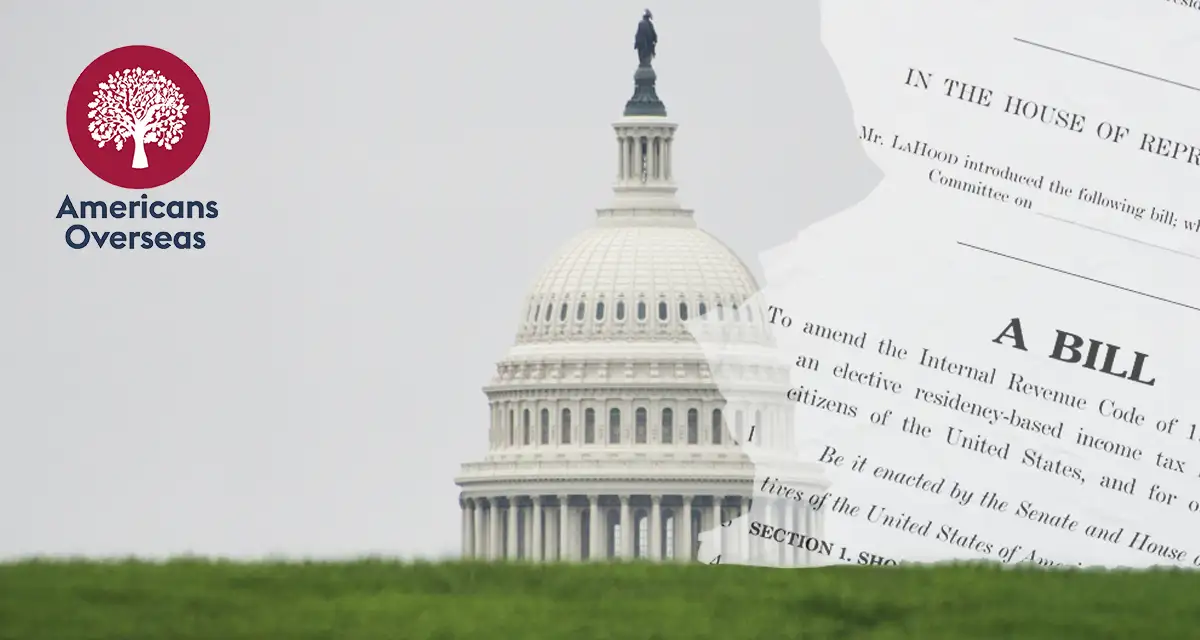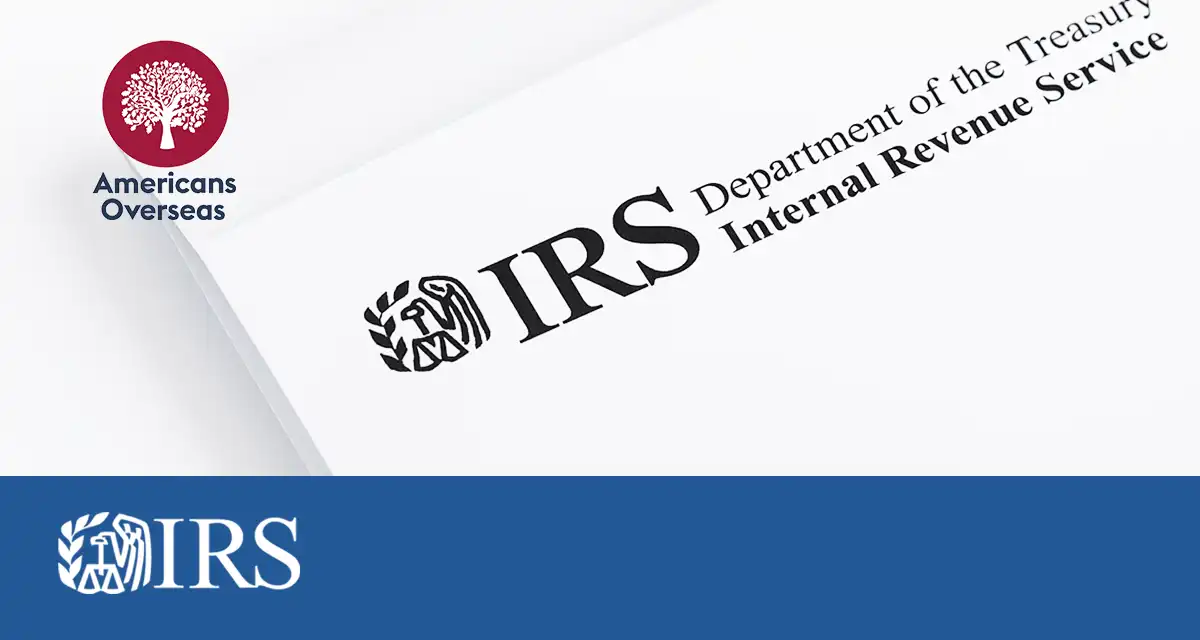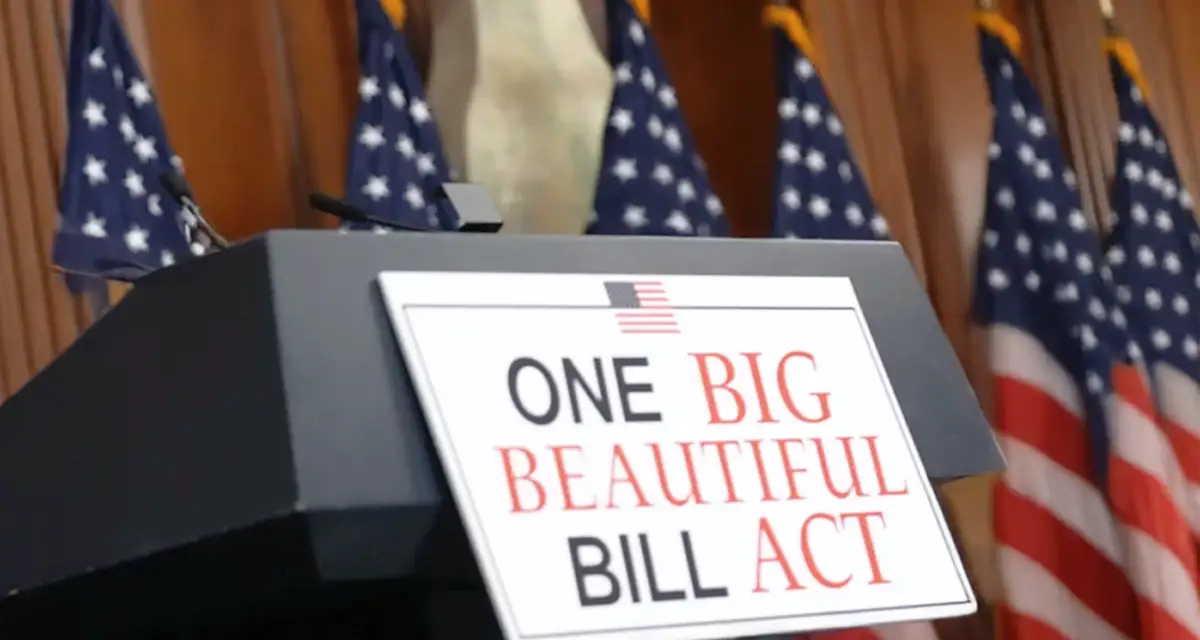
Family or FATCA first?

Fahnestock, a native son of Philadelphia, left the United States at 27 when he went to work for Colgate-Palmolive in Switzerland. He met his American wife, Debbie, a dental hygienist, there.
After an early retirement at 57, the family had to temporarily move to Florida to take care of Debbie’s ageing and ailing mother. They continued to maintain their Swiss home but the bank didn’t agree with that last move.
His Swiss bank UBS informed him that due to FATCA compliance insisted on by the U.S., it would close his bank accounts, and oh, yes, his fixed-rate mortgage which is due for renewal in 2017 would not be renewed, if he did not make Switzerland his legal domicile. His quarterly mortgages were left in limbo.
Why?
He is American. However, if he had a spare $250,000, UBS has a US-registered office in Zurich, for non-Swiss-domiciled Americans that might offer him an account. As an ordinary American, he didn’t have that kind of money.
To keep their bank accounts and mortgages open, Don had to leave Debbie and her 91-year old mother in Florida and return to Switzerland where they live in a tiny village. He would take Swiss nationality if he could, but the rules are you must be there 12 consecutive years. He has already lived more than 10 years in Switzerland but not consecutively.
The couple is separated as Debbie hasn’t been back until recently when the Doctor contacted them to tell them her mother is dying. So, Debbie flew back to Florida on May 18. With her mother’s prognosis in mind, she’s planned to come back on July 23. That may change to later, depending on her mother. Don does Skype sessions every day to support her emotionally.
‘It is a very difficult time, for her.’ he says.
FATCA
“Political pandering has consequences in people’s lives. The masses cheer, certain people get hurt, but many unaffected don’t care about that because they have their ‘champion of righteousness’,” says Don Fahnestock a retired American expat about FATCA
He considers the legislation just that, ‘political pandering’. At 65, he has experienced the consequences first-hand, forcing him to make tough choices.
He says he is not bitter. He and Debbie want what every American wants – a normal peaceful retirement, as Americans. He just doesn’t know as an American expat if that’s possible.
D-L Nelson is an American-born Swiss writer who revels in life, personal relationships, history and modern social issues She lives in Geneva, Switzerland and Argelès-sur-mer, France. She was active politically prior to her renunciation, calling or emailing Congress several times a week about pending legislation.
Frequently asked questions
Understanding the US tax system, the obligations, and all the additional terms can be difficult. Especially if one lives outside of America. Is your question not answered? Contact us.
-
Who is required to file taxes in the US?
U.S. citizens and resident aliens who live abroad are generally required to file a federal income tax return and pay taxes on their worldwide income.
Read more... about Who is required to file taxes in the US? -
Do US citizens living abroad still have to file taxes in the US?
Yes, US citizens are required to file taxes on their worldwide income, regardless of where they are living.
Read more... about Do US citizens living abroad still have to file taxes in the US? -
How can I cash my US check?
Received an American check? You can cash your check in the following ways: cash the check at your own bank, transfer to another person (endorsement), cash checks using an online service or cash the check by another bank.
Read more... about How can I cash my US check? -
Are there any special tax forms required for US citizens living abroad?
US citizens living abroad may be required to file Form 2555 and/or Form 1116 to claim the foreign-earned income exclusion.
Read more... about Are there any special tax forms required for US citizens living abroad? -
What is FBAR filing?
FBAR (Foreign Bank Account Report) filing is the requirement for certain U.S. individuals and entities to report their foreign financial accounts to the Financial Crimes Enforcement Network (FinCEN) of the U.S. Department of Treasury. The FBAR filing requirement applies to U.S. persons who have a financial interest in, or signature authority over, one or more foreign financial accounts if the aggregate value of those accounts exceeds $10,000 at any time during the calendar year.
Read more... about What is FBAR filing?





